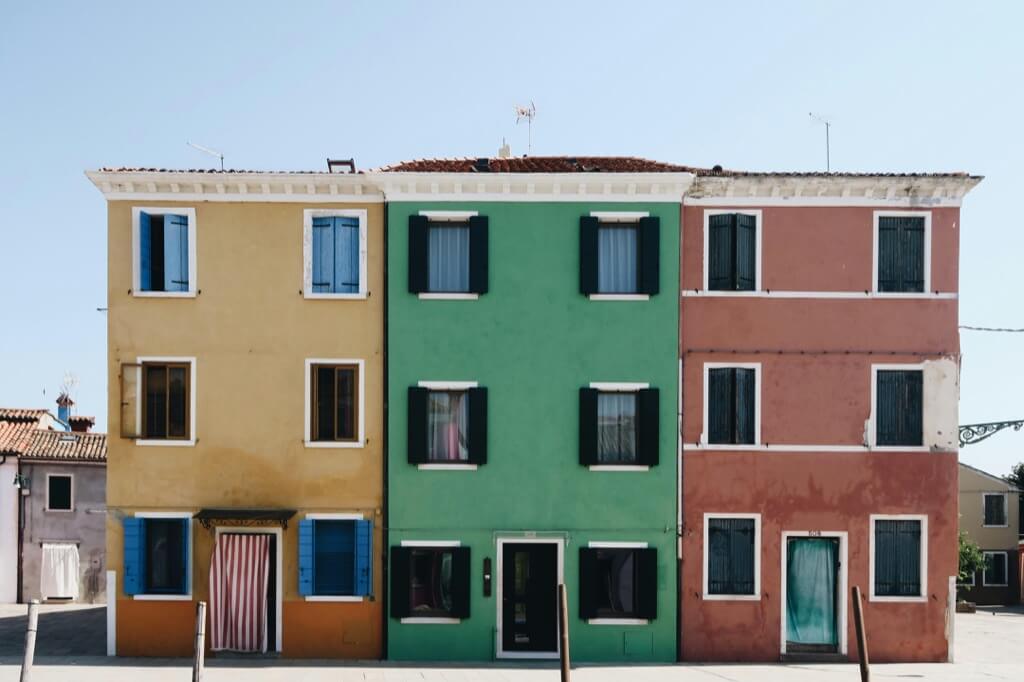A recent event has brought to light the struggles of people with body dysmorphia and postpartum depression, which are typically kept hidden amid the colorful cultural fabric of South Africa. An unexpected meeting at a trendy Johannesburg neighborhood poolside ‘braai’ has gone viral, shedding light on how people’s mental health can impact their ability to communicate with others.
First, We’ll Break Out What Happened at That Pool Party
This model-turned-influencer, who goes by the name “Alex,” was the subject of a contentious argument in the affluent suburbs of Johannesburg, and it was an eye-opening experience for all involved. A discussion on mental health was sparked after Alex, a beautiful 27-year-old social media star, was reportedly ordered to cover up her swimsuit-clad body at a pool party.
So why is that? “Christine,” a 37-year-old new mother, is struggling with postpartum depression and body dysmorphic disorder. Christine was already nervous about the party, but seeing Alex in just her swimsuit just made things worse as the warm afternoon progressed. As a result, Alex was asked to cover herself, which she, unsurprisingly, flatly refused.
Body Image and Postpartum Depression among South African Women
Just so you know, Anxiety and low self-esteem are common results of the mental health condition known as body dysmorphia, in which a person becomes preoccupied with imagined physical defects. There hasn’t been enough discussion on this issue in the public sphere in South Africa. Christine, like many other new mothers, suffers from Postpartum Depression, which exacerbates her symptoms. Mood fluctuations, a lack of food, a lack of motivation, and a general sense of worthlessness are all possible symptoms.
The incidence of postpartum depression is higher than we would want to acknowledge in South Africa. Up to one-third of new moms have postpartum depression, says the South African Depression and Anxiety Group (SADAG). But these problems are often hidden by societal stigmas. The latest event at the Johannesburg pool party is a sobering reminder that for many women in South Africa, these are not exceptional circumstances but rather ongoing struggles.
Public Reaction and Psychologists’ Perspectives
Alex’s boyfriend, “GlumDemand,” originally reported the story on the popular Reddit topic “Am I the Asshole?” (AITA), where it provoked passionate debate. While Christine’s mental health issues are awful, it’s not Christine’s place to insist that Alex alter her appearance.
We contacted Dr. Nkosazana Khanyile, a prominent Cape Town psychologist, for her expert opinion. “While empathy is essential,” Dr. Khanyile suggests, “it is crucial that individuals battling such disorders do not project their insecurities onto others.” Rather than expecting society to accommodate their triggers, people must seek professional care to manage these illnesses.
South Africa’s Swimwear Debate
This incident is interesting because it mirrors a debate currently taking place in South Africa over bikini models and body image. South African women have been breaking new ground and questioning traditional beachwear for quite some time. South African women, from the pioneering ‘Sarong Queen’ Kassie Kasselman to contemporary icons like Alex, have long fought for the freedom to freely express their bodies via clothing, including swimwear. The event at the Johannesburg pool party shows that this discussion is far from over.
The Pool Party in Johannesburg
This whole affair ought to be a wake-up message for all of us. Body dysmorphia and postpartum depression are two examples of mental health conditions that need to be brought out of the shadows. This incident highlights the significance of continuing the cultural shift toward supporting women’s autonomy and body positivity.
South Africa, as a nation, must make it possible for people to talk openly about mental health and body positivity as we move deeper into this turbulent century. The pool party in Johannesburg is an extreme example that we must not tolerate. Instead, we should work to create a society in which every Christine may safely ask for help and every Alex can confidently show off her bikini.
A quote from Nelson Mandela says it best: “It always seems impossible until it’s done.” It may seem impossible to realize the goal of a more tolerant and empathetic South Africa, but it is a goal worth striving for.
About the Author:
Edmore Nkosi is a riveting South African journalist, specializing in entertainment and current affairs. With his unique ability to blend pop culture with real-world events, Edmore has carved a niche in providing captivating narratives that resonate with a diverse readership.




